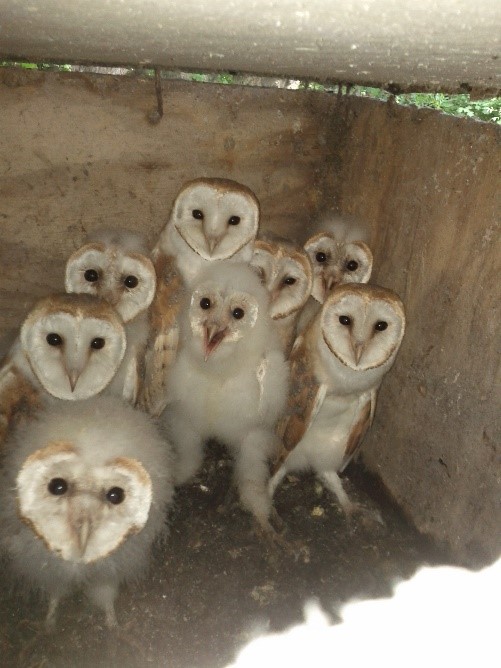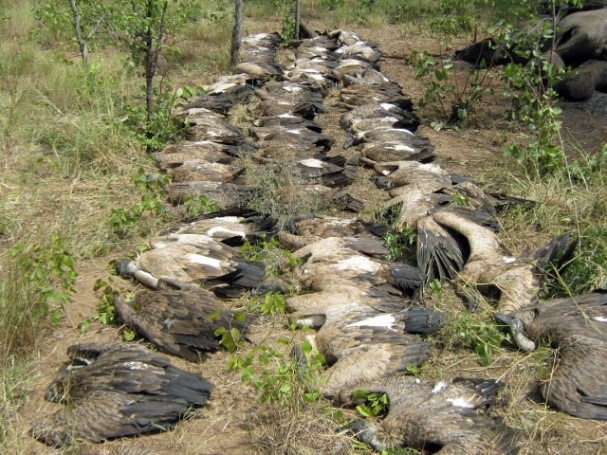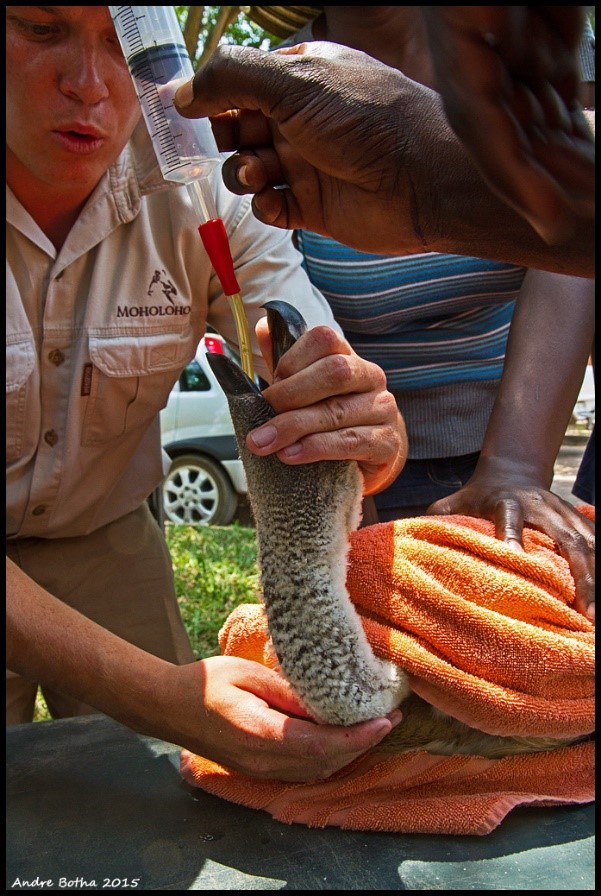H is for Hawk: The Hawk Conservancy Trust and COVID-19
Adam Johnson (Geography, 1978)
Near Andover in Hampshire there is a place of peace, rural beauty and dedicated wildlife conservation. Here the Hawk Conservancy Trust (the Trust) has been protecting and helping birds of prey for over 50 years, not just locally but across southern England and internationally.
We are a registered charity generating income from membership, events, admissions to the park, sales of merchandise and food, and donations. Virtually all of our discretionary expenditure is on Conservation, Education, Research and Rehabilitation of raptors, including operation of the National Bird of Prey Hospital™.
In common with most organisations that rely on the public for their income, Covid-19 has had a massive impact on operations and funding. There are no visitors, and whilst the park is shut to the public the birds remain, and need feeding, therapy, training and exercise.
Fieldwork is also suspended, although much of the season for monitoring populations and breeding results is not yet upon us, and there is hope that this work will be resumed in due course. Extending our work on Red Kite and Kestrel conservation and maintaining our network of approximately 1000 nest boxes for a range of species remain priorities for our UK operations.
Some of the staff are furloughed but for those that remain the workload is significant, caring for the birds, keeping the hospital open for admissions, working with partners and continuing desk-based research.
It is in the international programmes that the greatest impact of Covid-19 is likely to be felt. For many years the Trust has been a global leader in the fight to prevent vulture extinctions, of the Oriental White-Backed Vulture in south Asia, and multiple species in southern Africa.

Barn Owl brood in a nest box
We care passionately about this not just because of biodiversity and conservation, but also because vultures are some of nature’s cleaners, and without them the environment deteriorates, for humans and other animals.
The causes of population decline are different. Diclofenac, an anti-inflammatory used to treat cattle, has had a devastating effect in Asia, where less than 1% of vultures now remain from a population of tens of millions just a few decades ago. The Trust is a global partner in the multinational conservation effort to increase numbers and safeguard the gene pool. We are also working with other conservation partners in the region to create and maintain Vulture Safe Zones, to protect the birds from human interference.
In Africa, ivory poachers poison carcasses to prevent the authorities from being alerted to kills by flocks of vultures. Many hundreds of birds can die on a single poisoned elephant.

African White-Backed Vultures poisoned at an elephant carcass near Hoedspruit, South Africa. Photo courtesy of Andre Botha.
Here the response is to help park rangers by training them in poison response techniques and also to provide them with poison response kits. With luck, it is sometimes possible to save poisoned birds.

Tubing of African White-Backed Vulture – First Aid Treatment Training. Photo courtesy of Andre Botha.
Covid-19 has closed most of the national parks in southern Africa, but poachers are still active, and the knock-on effect on wildlife of the shutdown could be severe, even before the impact on the tourist industry is included.
The economic complexity of our world and its interrelationships has been brought into stark relief by the global shutdown. It was relatively easy to predict the initial impacts, that some businesses and sectors would suffer significant losses, and jobs would go too. The effect on charities, and in this case conservation was not at the forefront of governments’ plans, but now we can see that the measures taken are significantly impairing the capabilities of organisations that rely on funding from the public to do their valuable work.
The Hawk Conservancy Trust will keep going and keep working on conservation, and we eagerly anticipate the relaxation of restrictions to welcome visitors back to our park.